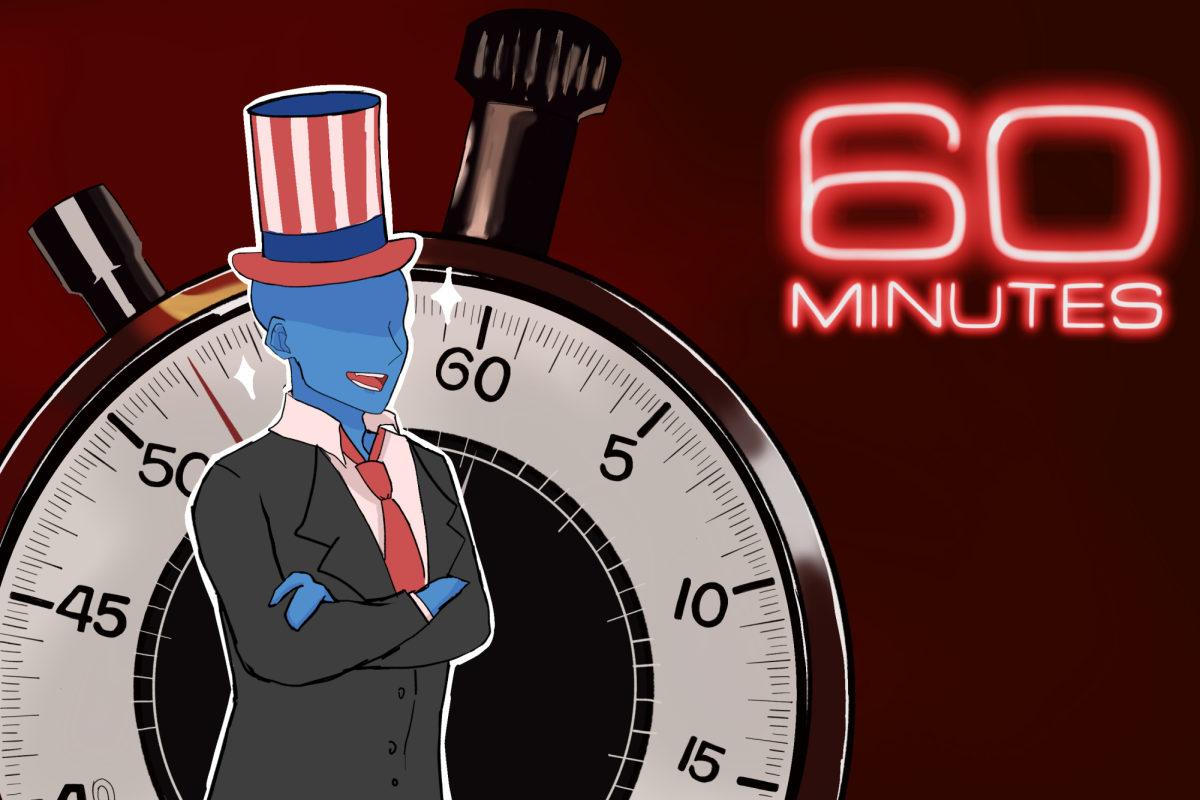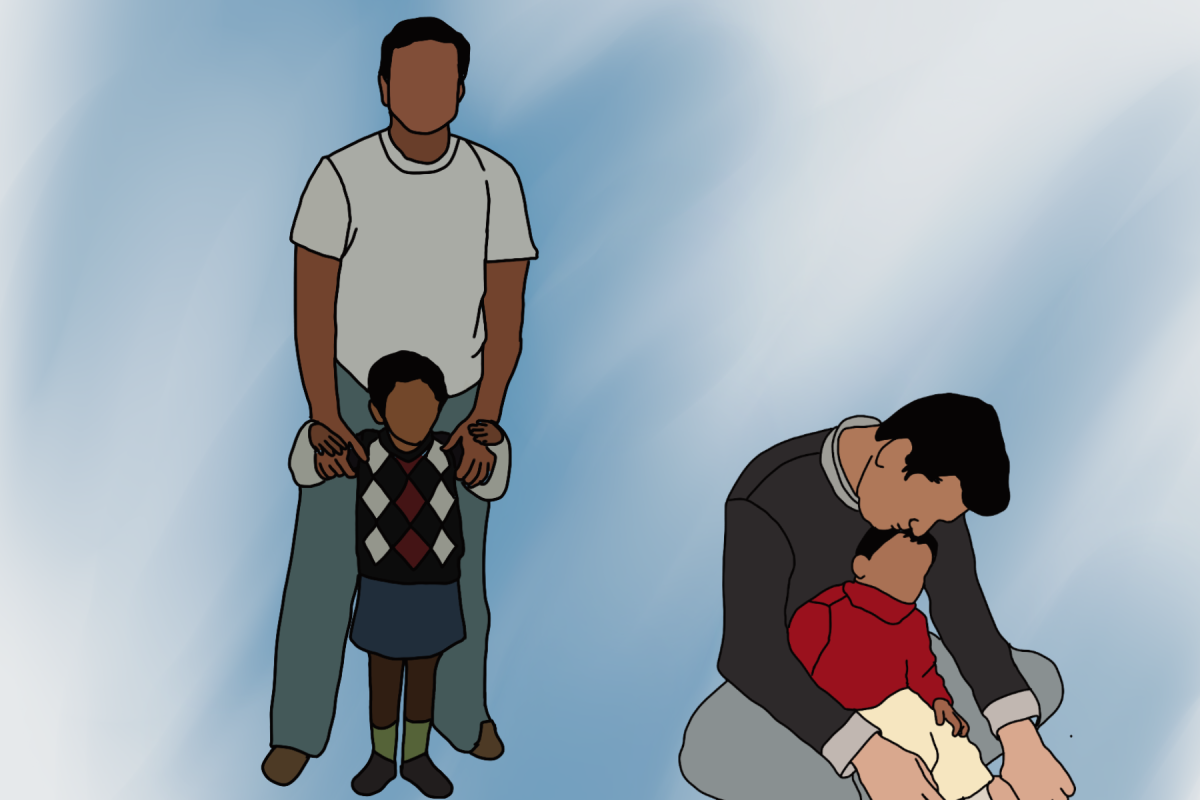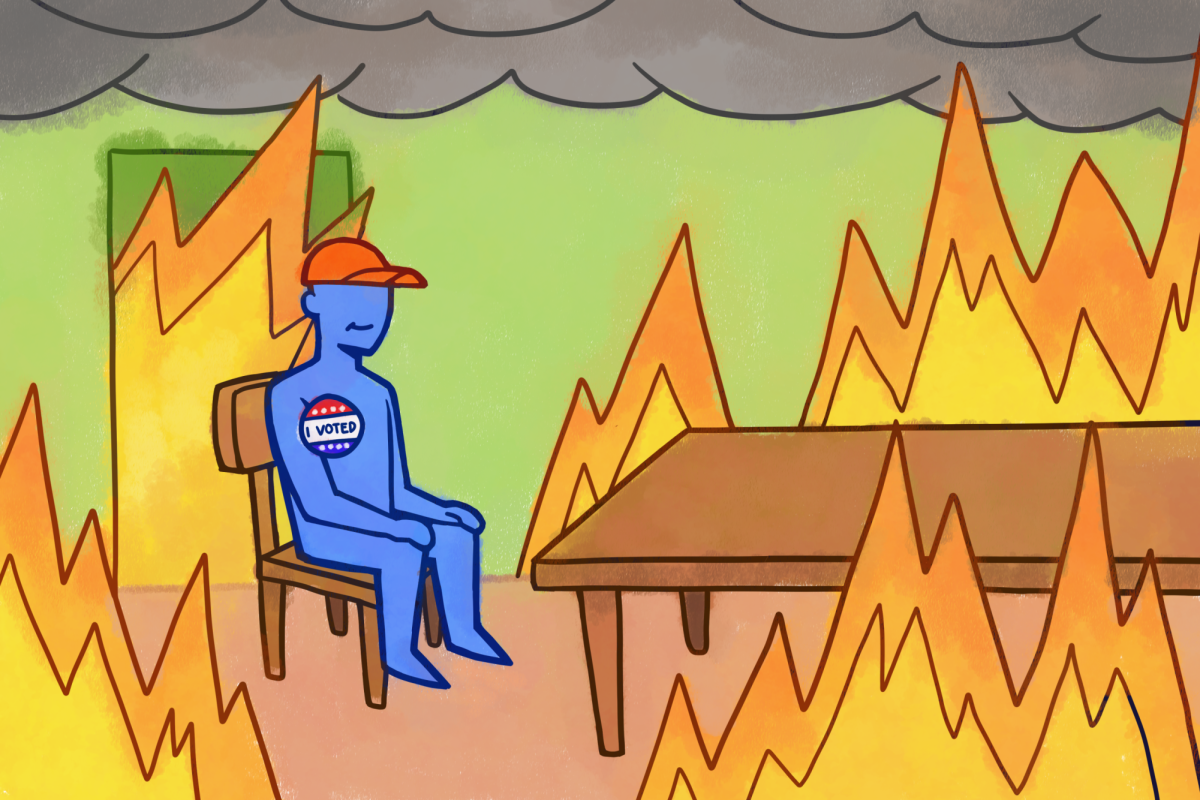In America, the title “socialist” carries a negative connotation. Many people think that socialism takes away economic freedom, stifles innovation and will create a Big Brother-style government. However, the definition of socialism is a broad one and encompasses many different types of beliefs.
When pro-socialist individuals defend their support for this socioeconomic system, they often use examples where “socialism” has succeeded, such as Sweden and other Scandinavian countries. Those who are anti-socialist will often point to the poor economic state of Venezuela, also a “socialist” country. The only problem is these countries aren’t the same.
Socialism is an umbrella term that is the foundation of many different political theories. The most well-known of these theories are communism and democratic socialism.
Communism is the political theory by Karl Marx that states history is a progression of class conflicts that change economic systems. Marx believes that the conclusion of this progression is communism, an economic system where workers own the means of production. This change will come from a violent revolution of the working class.
It was this Marxist system of belief that led to Vladimir Lenin and the Bolsheviks installing an altered version of communist rule in early 20th-century Soviet Russia.
Get The Daily Illini in your inbox!
However, this is not the same type of socialism that we see in the socialist Scandinavian countries. These countries use a type of socialism that is derived from revisionism, which is derived from communism. Confusing, right?
Revisionism rejects the idea that a violent revolution is required for a country to become socialist. Rather, they believe that a slow implementation of socialist policies through democratic means will lead to a socialist society. Additionally, this system of belief doesn’t support the idea of central planning, or the governmental nationalization of the private sector.
Most importantly, revisionism focuses not on the end goal of socialism but on the movement itself.
Democratic socialism has these same ideals but through a capitalist system.
It advocates for the implementation of policies like universal health care, free child care and higher education. As for economic policies, it champions higher taxes on the wealthy and the regulation of the private sector, to name a few.
These policies are widely used by most Western countries; however, this tradition never came to the United States. Why is that?
The most widespread explanation of this is by sociologist Werner Sombart, who argued in his 1906 book “Why is there No Socialism in the United States,” that socialism is impossible in America.
Sombart says the two-party state that Americans exist under doesn’t allow for the existence of a possible third party, as voters are too scared they might waste their votes. So, the Democratic Party becomes the de facto party of the left, while still having ideas that are moderate at best.
Another point Sombart argues is that the American worker is in a much better financial position than their European counterpart. The primary reason for this is America’s westward expansion of America. This expansion forced the private sector to pay higher wages to keep workers from moving west and creating their own homesteads.
Additionally, America used state violence to repress socialist ideals in times of fear of socialist countries. The most infamous of which is the first and second Red Scare.
The first Red Scare saw the targeting of radicals and labor leaders using the Sedition Act of 1918, the result of which was the Palmer Raids: violent raids on radicals by law enforcement ordered by United States Attorney General Alexander Mitchell Palmer.
The second Red Scare similarly resulted in the targeting of suspected communists by Sen. Joseph McCarthy. McCarthy leveled charges on any who he suspected of holding socialist beliefs making them societal outcasts.
America still feels the reverberations of this anti-socialist rhetoric today, with a majority of Americans having negative feelings toward socialism, according to a 2019 Pew Research poll. A Gallup poll corroborates this, showing a majority of Americans don’t support pro-socialist policy positions.
Despite socialism allowing for better outcomes for the average person, at least in comparison to capitalism, the majority of Americans still believe in the anti-socialist sentiment of the Red Scare.
In the comparative study “Capitalism, socialism, and the physical quality of life,” researchers found that the physical quality of life in socialist countries had better outcomes than those in capitalist countries. The physical quality of life was measured by infant mortality rate, child death rate, life expectancy and other factors.
Being socialist in America carries a stigma that is hard to shake. Many people have socialist beliefs but fear being shamed, so they never voice their opinions.
However, we are no longer living during Red Scare politics.
Socialism isn’t a single ideology, it is a wide net that covers many different beliefs from communism to democratic socialism. And Americans shouldn’t be ashamed of supporting these policies simply because of the anti-socialist rhetoric riddled throughout American history.
Grayson is a freshman in LAS.

















